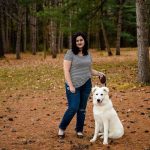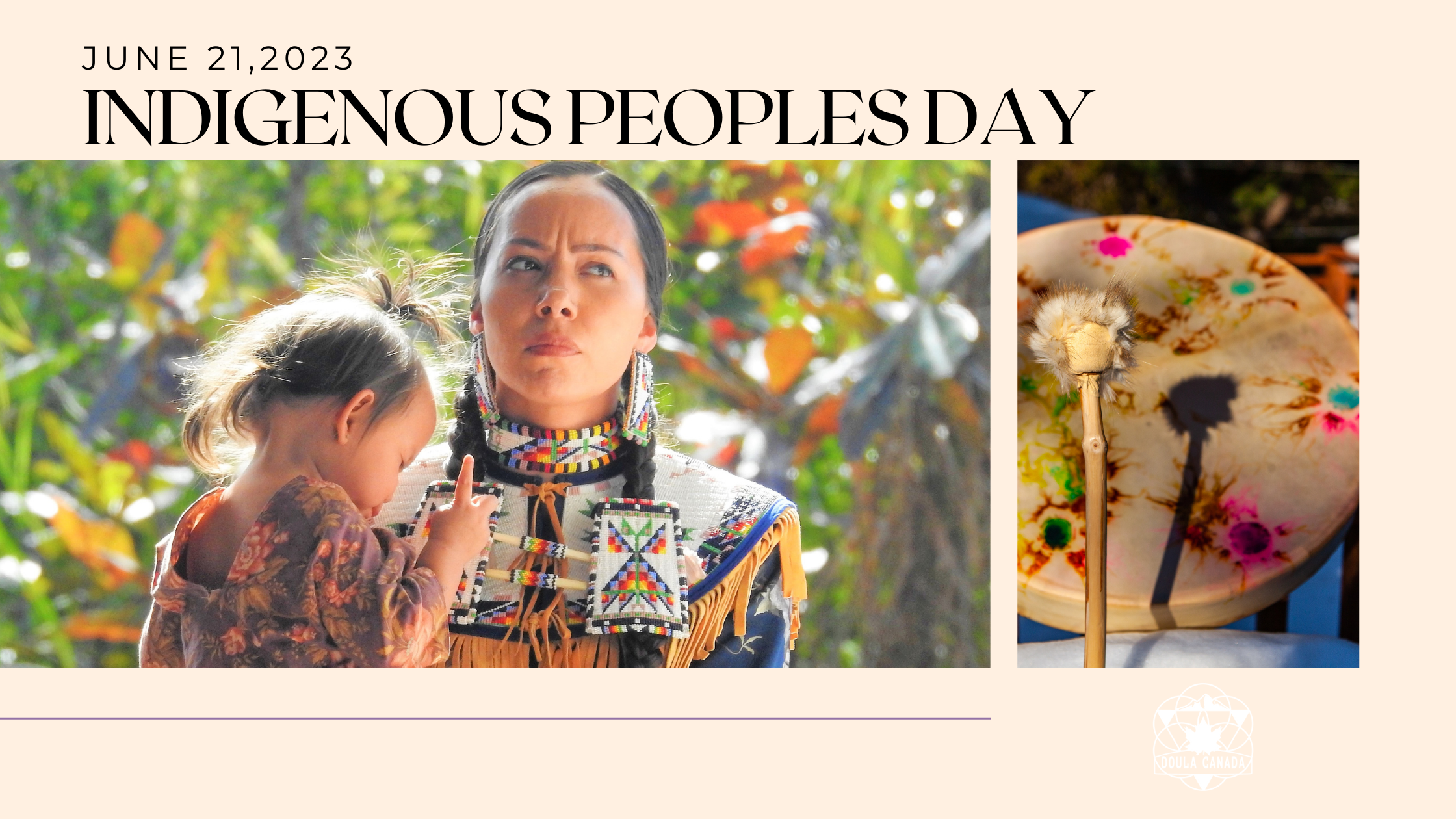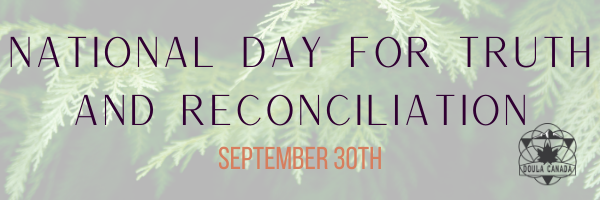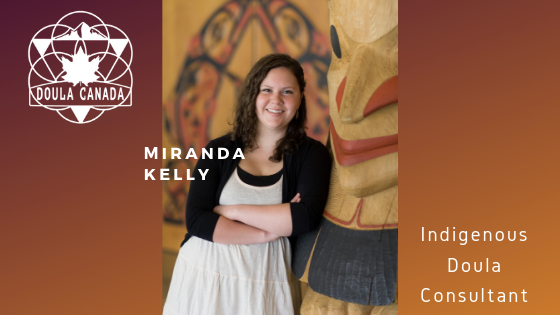[vc_row][vc_column][vc_column_text css=”.vc_custom_1687365796950{margin-bottom: 0px !important;}”]Aaniin Doulas!
- Learn whose land you reside on. www.native-land.ca
- Attend a local or virtual Indigenous Peoples Day event
- Donate to Indigenous-led organizations upholding Indigenous rights today
- Pick a film to watch from the National Film Board of Canada’s catalogue of over 200 Indigenous-created films
- Follow and amplify the voices of Indigenous people through social media platforms
- Read through the Indigenous Ally Toolkit or How to Become an Indigenous Ally
- Find a CBC Reclaimed playlist and explore the many different worlds of Indigenous music, or start by watching the documentary Rumble: The Indians Who Rocked the World
- Understand the issues facing Indigenous reproductive health in Canada
- Join me June 29 from 12-3 pm EST, for a Celebrating Indigenous Changemakers: NIHM Watch Party and discussion on Turtle Island Heros. This is open to Indigenous and Non-Indigenous members. We will be screening some Indigenous pieces, including clips of award-winning documentaries, spoken word pieces, and music to celebrate Indigenous culture and history. We will also be having an open circle discussion about the pieces being viewed, and how they relate to doula care in Canada. register here
[/vc_column_text][/vc_column][/vc_row][vc_row][vc_column][vc_separator][/vc_column][/vc_row][vc_row][vc_column][vc_column_text css=”.vc_custom_1687096542163{margin-bottom: 0px !important;}”] Kayt (she/her) Inclusion and Engagement Lead, is an Anishnaabe kwe from Bonnechere Algonquin territory and the owner of Sweetgrass Solace Wholistic Support. Her post-secondary education includes a Bachelor of Social Work and Bachelor of the Arts in Indigenous Studies from Trent University (2021). She is also a certified hatha yoga teacher and a certifying birth and postpartum Doula.[/vc_column_text][/vc_column][/vc_row]
Kayt (she/her) Inclusion and Engagement Lead, is an Anishnaabe kwe from Bonnechere Algonquin territory and the owner of Sweetgrass Solace Wholistic Support. Her post-secondary education includes a Bachelor of Social Work and Bachelor of the Arts in Indigenous Studies from Trent University (2021). She is also a certified hatha yoga teacher and a certifying birth and postpartum Doula.[/vc_column_text][/vc_column][/vc_row]




